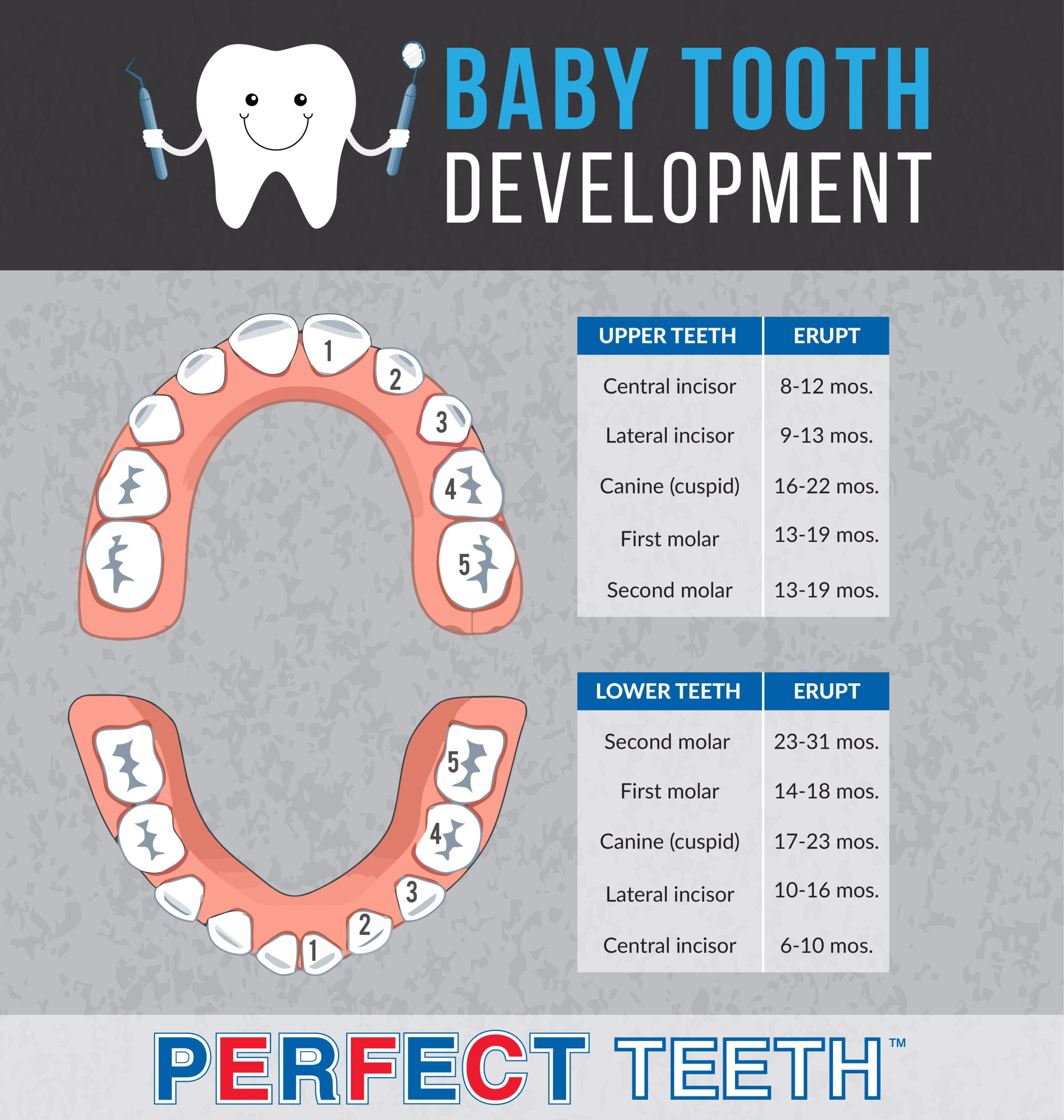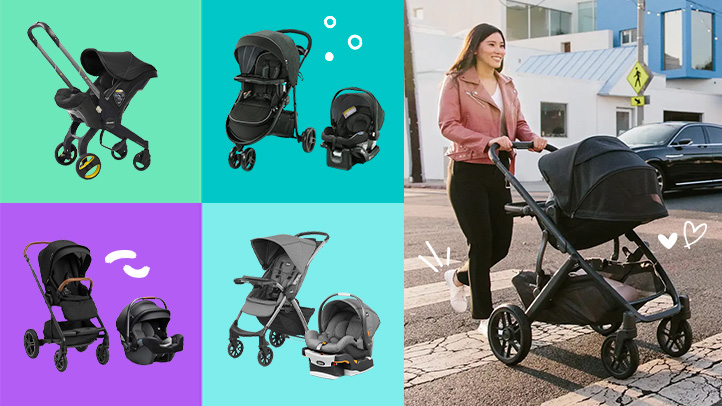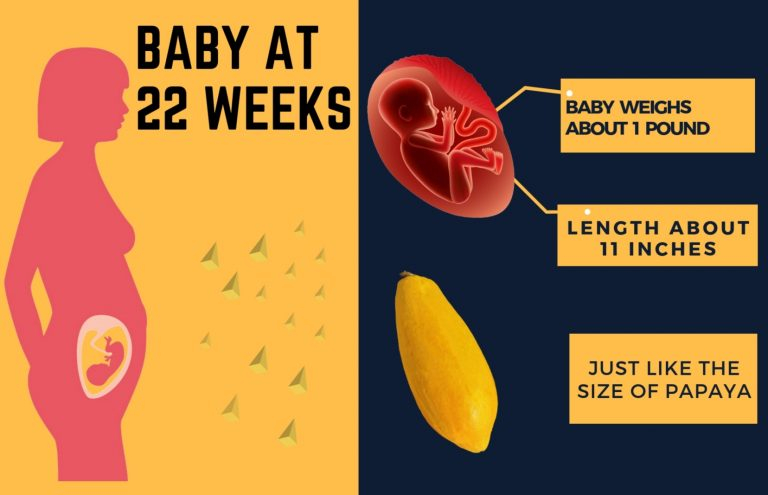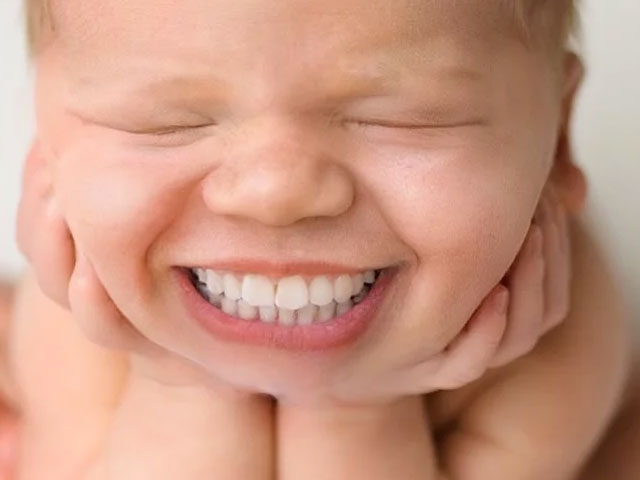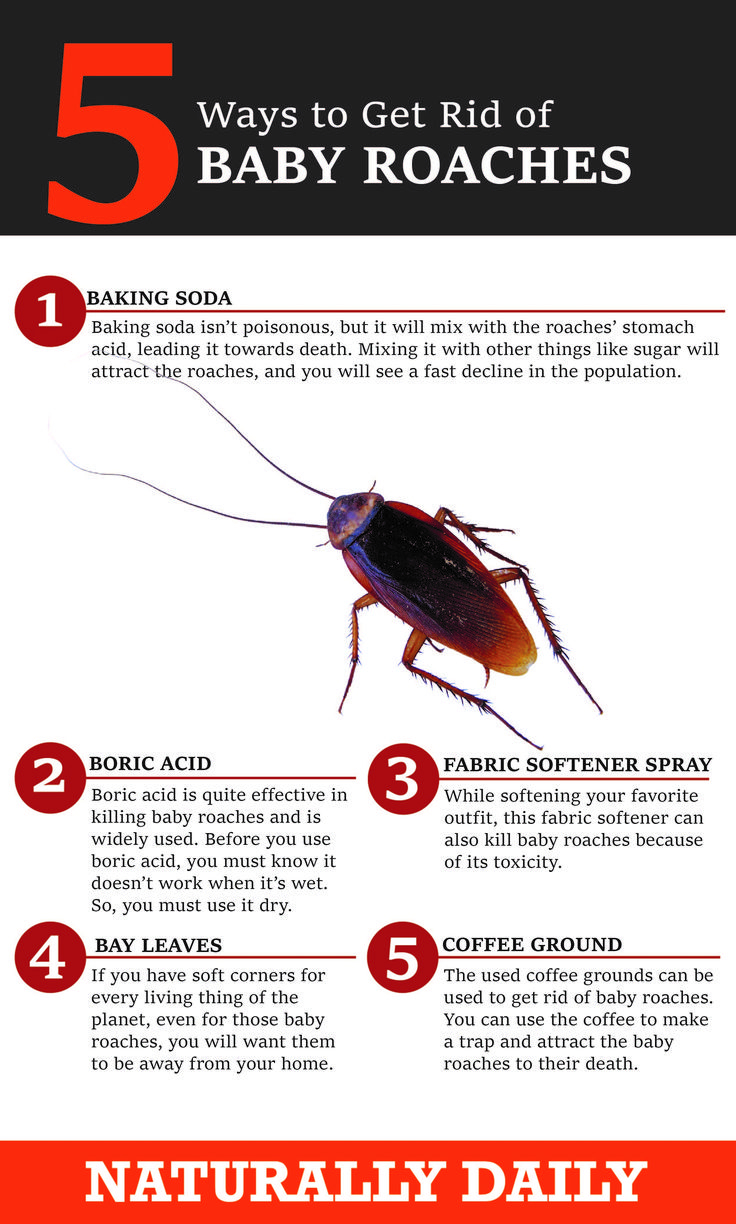At What Age Do You Lose All Your Baby Teeth
Have you ever wondered at what age do you lose all your baby teeth? It’s a common question among parents and children alike, as it marks a significant milestone in a child’s development. In this article, we will explore the process of losing baby teeth, the typical age range when it occurs, and what to expect during this natural transition.
Knowledge
Losing baby teeth, also known as deciduous teeth, is a normal part of childhood development. Children typically start losing their baby teeth around the age of 6, although the exact timing can vary from child to child. The process usually begins with the lower front teeth, followed by the upper front teeth, and then progresses to the molars and canines.
As a child grows, their permanent teeth begin to push against the roots of the baby teeth, causing them to become loose and eventually fall out. This process can be accompanied by some discomfort or pain, but it is usually temporary and can be managed with proper oral care and maintenance.
It’s important for parents to encourage good oral hygiene habits in their children from a young age to ensure the health of their permanent teeth. Regular brushing, flossing, and dental check-ups can help prevent cavities and other dental issues that may arise during the transition from baby teeth to adult teeth.
If a child loses a baby tooth earlier or later than the average age range, it’s not necessarily a cause for concern. Some children may begin losing teeth as early as 4 years old, while others may not start until they are 7 or 8. However, if there are any concerns about the timing or health of a child’s teeth, it’s always best to consult with a pediatric dentist for guidance and advice.
Conclusion
In conclusion, the process of losing baby teeth is a natural and important part of a child’s growth and development. Understanding the typical age range when this transition occurs, as well as the factors that can influence it, can help parents and children navigate this phase with confidence and ease.
Parents of young children, as well as older kids who are starting to lose their baby teeth, will find this information valuable in preparing for what to expect and how to support healthy dental habits. By staying informed and proactive about oral health, families can ensure a smooth and successful transition from baby teeth to permanent teeth.
Overall, the age at which a child loses all their baby teeth can vary, but with proper care and attention, this process can be a positive and exciting experience for everyone involved.
